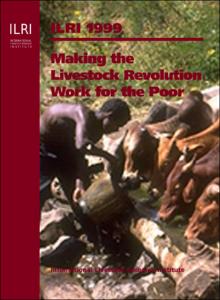The impact of regulation on the livelihoods of the poor
The key concept of the Global Strategy for Shelter, and its successor the Habitat Agenda, is that of enabling; of governments' stepping back from housing production and measures to control the price of outputs and, instead, working to enable the current and potential suppliers of housing to do what they do best. A major part of the enabling process is to set in place a regulatory context in which urban development can be sustainable and of the scale required for all to be adequately housed. This inevitably means a reduction of standards so that they are realistic.








